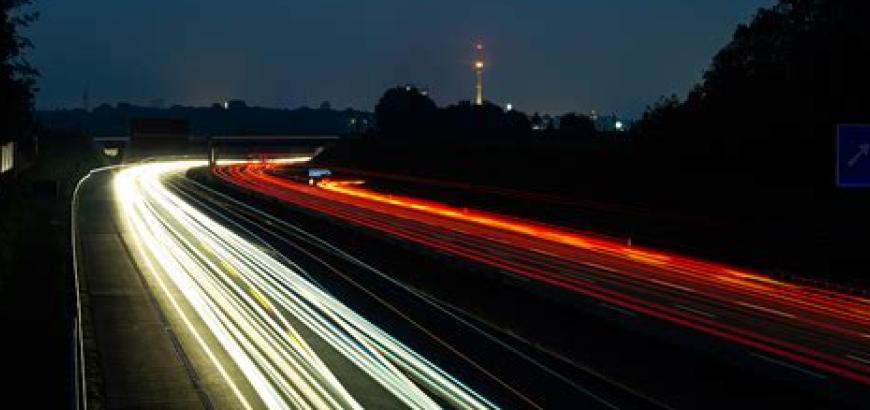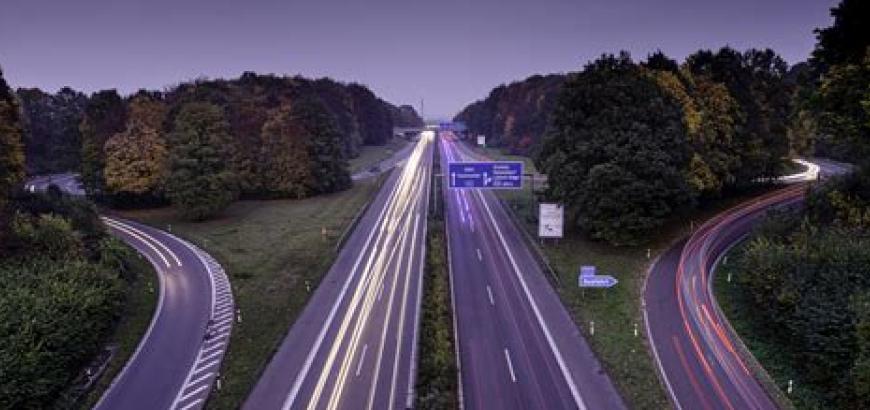
Franklin Mao, from Guangzhou China, is a junior student majoring in Political Science: Political Economy. He started to take German lessons a year ago and is currently taking the 201 class with Anna Gerke. At first he was just looking for a fun class to add to his schedule; but now he is using his knowledge of German culture for an essay that he had to write as a project in POLS 409.
He was introduced to many unique German cultures during the 100 level classes he took at our department. In his political science class the main question is to define culture and what culture does in society. He immediately thought of why there is no speed limit on the autobahn as a topic for the essay. Franklin argues that the autobahn is part of the German cultural identity because of its close association with the automotive industry, and Germany has proper institutions to keep the autobahn safe without speed limits.
Here is the first part of Franklin Mao's essay:
"Germany is famous for its strictness in rules, especially the ones that greatly concern safety and lives, for example, the traffic rules. Munger (2018) described his experience trying to jaywalk at a crosswalk in Munich when an old lady struck him as hard as she could with her umbrella and yelled “Kindermörder (child murderer)” at him because jaywalking by adults would set a bad example for children and could get them killed. When pedestrians take traffic rules seriously in Germany, it is only reasonable to suspect that traffic rules for driving are also very strict; however, a worldwide traffic rule is missing in Germany, which is the speed limit on highways. On 70% of the autobahn, there is no speed limit and drivers can go as fast as they want (McCarthy 2019); the average travel speed of automobiles on unrestricted autobahns is 141.8 km/h (88 mph) (Scholz, Schmallowsky, & Wauer 2007), which is much faster than most speed limits in other countries.
The absence of speed limits on autobahns raises two puzzles: of all the places in the world, why does Germany, a nation so fond of rules, not have speed limits on autobahns and what are the conditions that ensure traffic order on the autobahn? In this essay, I will argue that Germany does not have speed limits on autobahns because of three main reasons: economically, the government does not impose speed limits on autobahns to support the prestigious German automotive industry; culturally, the autobahn represents superior German manufacturing and symbolizes personal freedom, which are the qualities that associate with the nation’s identity. Finally, traffic order and safety on the autobahn are ensured despite the absence of speed limits thanks to existing state regulations on road conditions, vehicle standards, and the acquisition of a driver’s license, which set good norms of compliance with traffic rules and better traffic order, allowing more freedom of speed and more enjoyable road safety as a public good on the autobahn.“


